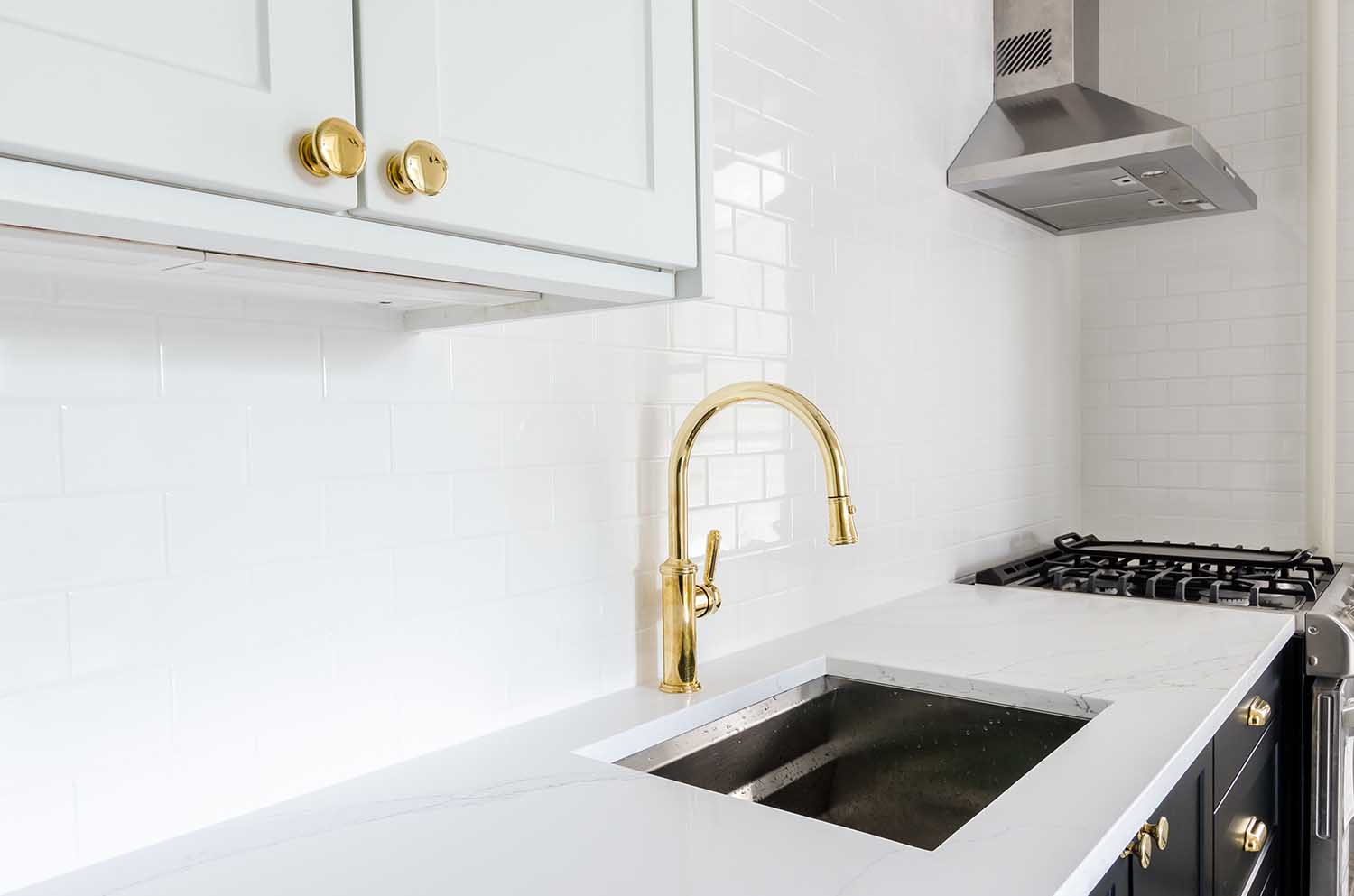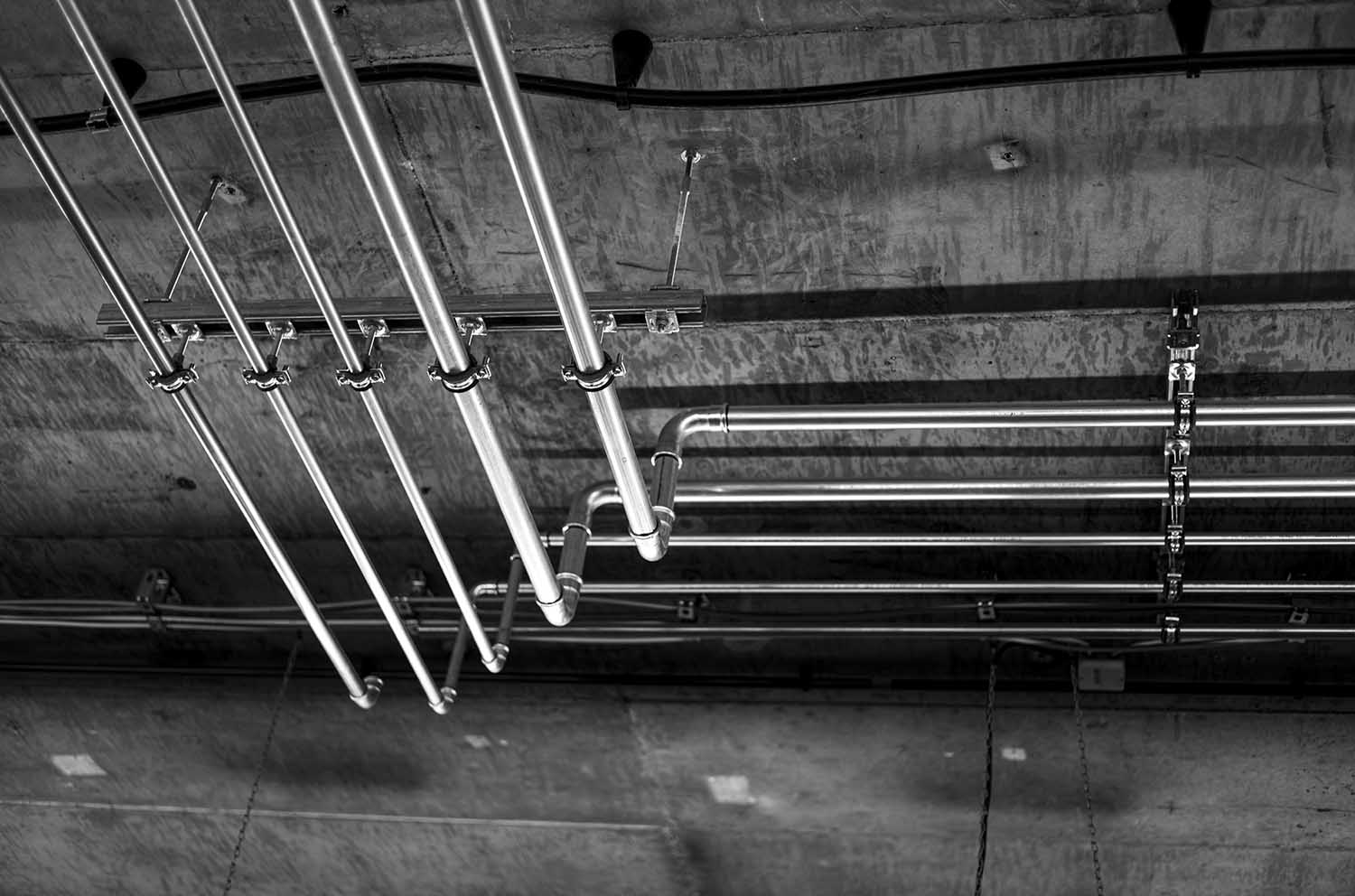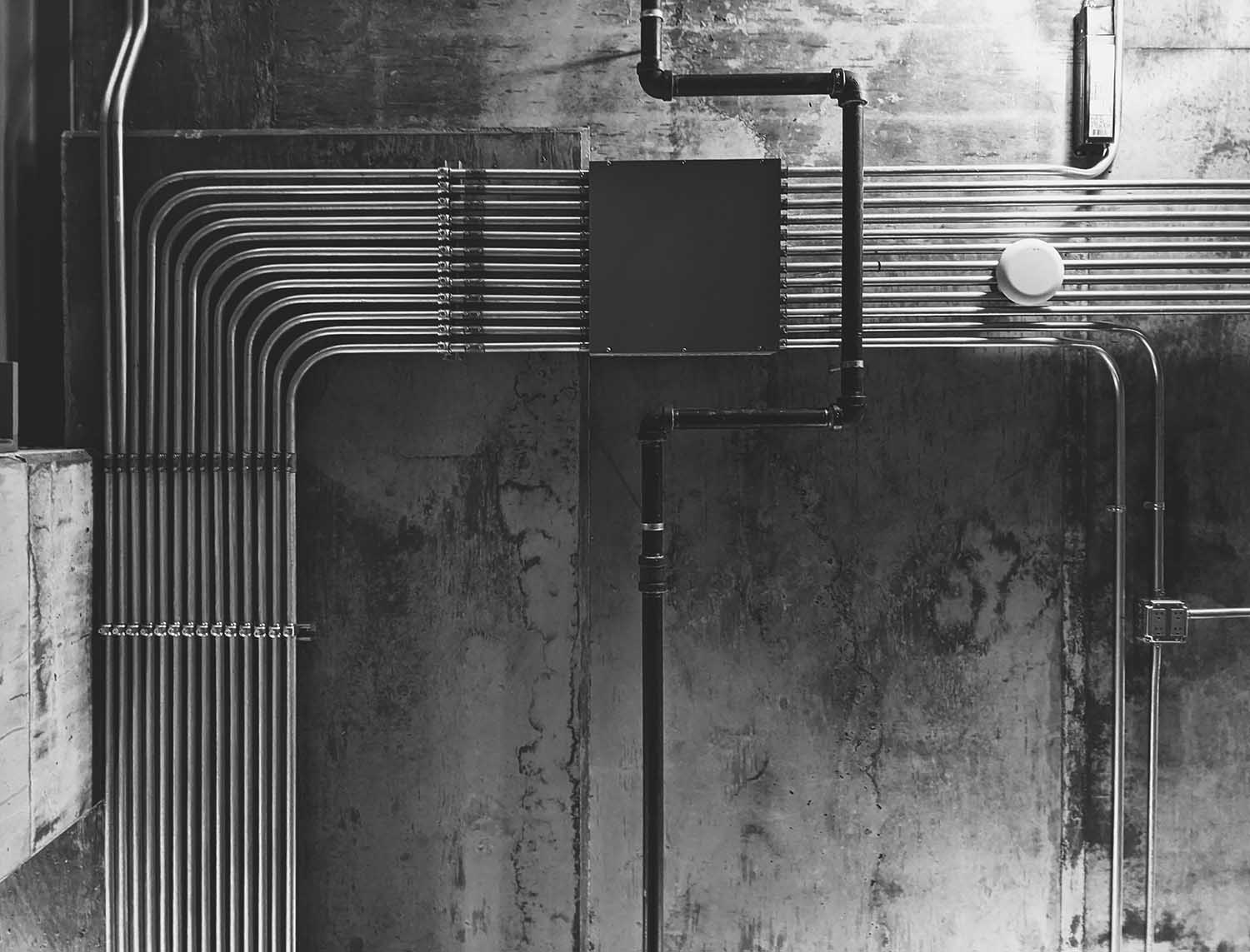
Plumbing is a vital system in any building. But over time, they can become outdated, leading to issues such as leaks, low water pressure, and inefficiencies.
Luckily, there are many ways to determine if your plumbing needs an upgrade. For example, your system may need to be repaired if you consistently find wet blotches on your walls, puddles on your floor, sudden water flow stops, and foul reeks and discoloration in your water.
You can easily work with professional plumbers Tucson or plumbers in your area to help fix the issues and find their causes. But first, it’s best to learn how plumbing upgrades can benefit your home—from its efficiency to its overall value.
The Benefits Of Upgraded Home Plumbing
Fixing your home’s plumbing does more than remove the abovementioned issues. It also does a lot to improve your home and your way of living.
Here are some of its benefits:
- Increased Value: For those flipping or renting out their homes, upgrading your plumbing is one way to increase property value. Buyers and renters tend to be more willing to settle for a place with modern, efficient plumbing.
- Increased Comfort: Upgrading your home plumbing can make your home more comfortable. That’s because new plumbing systems are often more efficient and less noisy than older ones.
- Reduced Water Bills: New plumbing systems are often more efficient and waste less water. That means upgrading can help you reduce your water bills in the long run.
- Improved Health: Upgrading your home’s plumbing can help improve your well-being. This is because new plumbing systems are often less likely to harbor bacteria and other contaminants. Also, since they’re less likely to leak, they reduce the risk of wastewater spreading through surfaces. That means a lower risk of mold growth and bacteria spreading.
All of these can be achieved by replacing or repairing your pipework. Obviously, this will entail a considerable amount of investment. But with some budgeting, planning, and smart choices, that can be achieved.

Upgrades You Should Consider
If you’re not sure where to start, here are some improvements to consider, from simple fixes to more substantial upgrades:
- Fixing Leaks and Drips
Leaky pipes and dripping faucets are not only annoying but also wasteful and costly. A continuous drip can lead to significant water waste over time.
Identifying and fixing leaks promptly is a simple yet effective way to upgrade your home plumbing. Inspect all faucets, showerheads, and exposed pipes for leaks and address them immediately. Replace worn-out washers and gaskets to ensure a watertight seal.
If your home has older plumbing made of galvanized steel or outdated materials, consider replacing them with modern alternatives like copper or PEX (cross-linked polyethylene). The former is prone to corrosion, leading to reduced water flow and potential leaks. Meanwhile, pipes made of the latter are flexible, durable, and rust-resistant, making them an excellent option for modern plumbing systems.
- Installing Low-Flow Fixtures
Water conservation is a crucial aspect of upgrading your plumbing system. By installing low-flow fixtures, such as low-flow toilets, aerated faucets, and high-efficiency showerheads, you can significantly reduce water usage without compromising on performance.
- Upgrading The Water Heater
An outdated or inefficient water heater can lead to increased energy consumption and longer wait times for hot water. Consider upgrading to a high-efficiency tankless water heater or a modern, energy-efficient storage tank model. It provides hot water on demand, reducing standby heat loss and conserving energy.
- Using Water Filtration Systems
If you are concerned about tap water quality, consider installing a water filtration system. A whole-house setup can remove impurities, chlorine, and other contaminants, providing cleaner, healthier water for daily use.
- Adding A Water Softener
Hard water can cause mineral buildup in plumbing fixtures and appliances, reducing their efficiency and lifespan. A water softener can combat this issue by removing excess calcium and magnesium ions.
- Using Smart Plumbing Technology
Smart plumbing devices, such as smart leak detectors, Wi-Fi-enabled water heaters, and smart irrigation systems, can help you monitor water usage and detect leaks remotely. This tech allows for better water management, reduced water waste, and the convenience of controlling your plumbing system from your smartphone or other devices.
- Installing A Greywater System
The term refers to water generated from non-toilet plumbing fixtures, such as sinks, showers, and washing machines. Implementing a greywater system allows you to recycle it for irrigation or toilet flushing. This repurposing can conserve freshwater resources and reduce your environmental footprint.
Wrapping Up
Routine plumbing maintenance will remain crucial for the longevity and efficiency of your upgraded plumbing system. It’s a good thing you can always call expert plumbers to get the job done. In the meantime, check out your catalogs or go online to start planning your upgrades.




